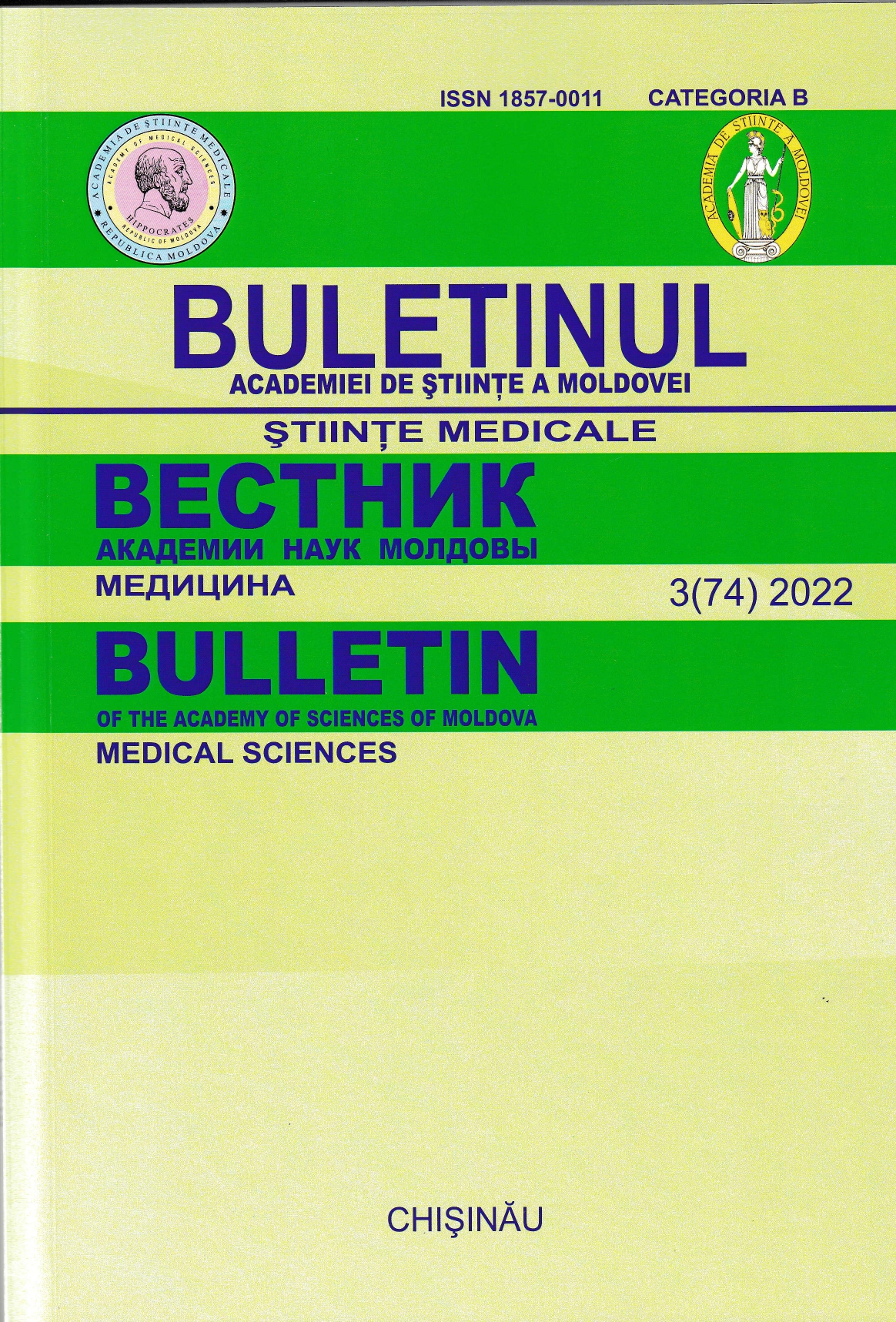PATOGENEZA ȘI CARACTERISTICA CLINICO-EPIDEMIOLOGICĂ A RECIDIVELOR TUBERCULOZEI PULMONARE LA PACIENȚII CU DEPENDENȚĂ DE ALCOOL ȘI LA PERSOANELE FĂRĂ ADĂPOST
DOI:
https://doi.org/10.52692/1857-0011.2022.3-74.20Cuvinte cheie:
tuberculoză pulmonară, recădere, etilism, comorbiditate, persoane fără adăpostRezumat
Articolul este dedicat unui subiect actual – comorbidității recidivelor tuberculozei pulmonare și dependența de alcool, fiind un factor de risc cel mai semnificativ pentru dezvoltarea și prognosticul recăderilor.Pentru a studia particularitățile patogenetice, caracteristica clinico-epidemiologică și eficacitatea tratamentului recidivelor TB pulmonare asociate cu etilismul și vagabondajul (persoane fără adăpost) a fost analizată structura demografică, socială și clinică a 139 de pacienți.S-a stabilit că managementul acestor pacienți este foarte dificil din cauza relației și influenței reciproce a TB pulmonare, abuzului de alcool și modului de viață. Efectul dăunător al abuzului de alcool a condiționat un nivel ridicat de polimorbiditate și riscul potențial asociat de efecte adverse, complianță slabă a pacientului și întreruperi frecvente ale tratamentului, care scad eficacitatea tratamentului și impun prognostic nefavorabil. Așadar, problemele de depistare, diagnostic, consiliere și corectare a modului de viață la pacienții comorbizi cu recidive ale TB pulmonare necesită o atenție deosebită și un studiu detaliat de către o gamă largă de specialiști, iar pacienții au nevoie de o abordare personalizată, datorită semnificației lor sociale și epidemiologice.Referințe
Craig G.M., Daftary A., Engel N., O Driscol S., Joannaki A., Tuberculosis stigma as a social determinant of health systematic mapping review of research in low incidence countries. Int. J.Infect. Dis. 2017, 56:90-100 (http/www science direct.com/science/articie/pii/ S120197121631195X, accessed 10 May 2017.
Daxini A.B., Pandey A.C., Vasava J.N., Alcohol abuse; A cause of default in tuberculosis treatment in rajkot. J. Res.Med.Dental Science. 2015, vol.3, n3, p.182-184.
Ince K., Jumuk Z., Ozturk G., The effect of alcohol use on course of tuberculosis disease. Europ. Resp. Journ., 2003, v.22, suppl.45, s.22.
Rotaru Doina-Maria. Influența factorilor medico-sociali asupra sănătății persoanelor neasigurate din Republica Moldova. Autoreferatul tezei de doctor în științe medicale, Chișinău, 2016, 29 p.
Zakoska M. Risc factors for relapses of tuberculosis. Europ. Resp. Journ., 2003, v.22, suppl.45, s.2172.
Аллилуев А.С., Филинюк О.В., Шнайдер Е.Е., Голубчиков П.Н., Амичба Д.Э. Факторы риска рецидива туберкулеза с множественной лекарственной устойчивостью. Туберкулез и болезни легких, 2018; том 98. №11, с.21-26. НТТР://DOI:O RG/10.21292/2075-1230-2020-98-11-21-26.
ВОЗ. Модель противотуберкулезной помощи, ориентированной на нужды людей. Концептуальный проект для стран Восточной Европы и Центральной Азии, 2017, 55 с.
Кирик Ю.В. Научное обоснование оптимизации медицинского обслуживания лиц без определенного места жительства. Автореферат дисс… канд. мед. наук. Хабаровск, 2008, 26 с.
Менделевич В.Д. Проблема коморбидности туберкулеза и алкогольной зависимости: от клинических корреляций к организации интегративной помощи. Неврологический вестник. Журнал им. В.М. Бехтерева, 2015, Т. XLVII, № 4, с. 71-78.
Плиева С.А. Прогнозирование рецидивов туберкулеза органов дыхания в современных условиях. Автореферат дисс… канд. мед. наук. Москва, 2017, 26 с.
Сагалбаева Г.Ж., Мордык А.В., Кортусова Л.Н., Евдокименко С.И. Причины формирования и структура клинических форм туберкулеза ранних и поздних рецидивов заболевания. Туберкулез и болезни легких, 2015, №5, с.163-164.
Суркова Л.К., Дюсьмикеева М.И. Артюшкевич В.С., Недзведь М.К., Скрягина Е.М. Туберкулез на фоне хронической алкогольной интоксикации: структура летальности, причины смерти и морфологические особенности. Туберкулез и болезни легких, 2014, №10, с.38-42.
Турсунходжаева Л.А., Баймирова Л.Т. Оценка эффективности тренинга развития социального интеллекта у лиц, страдающих алкогольной зависимостью. Лечащий врач, 2021; том 24, № 10, с. 22-27. DOI: 10.51793/OS.2021.24.10.004.
Филиппова Е.В., Кондрашова Ю.К., Тагоев Ю.Ш. Хронофармакология алкоголизма. Лечащий врач, 2021; том 24, № 11, с. 64-66. DOI: 10.51793/ OS.2021.24.11.010.
Descărcări
Publicat
Număr
Secțiune
##category.category##
Licență
Copyright (c) 2022 Buletinul Academiei de Științe a Moldovei. Științe medicale

Această lucrare este licențiată în temeiul Creative Commons Attribution 4.0 International License.



